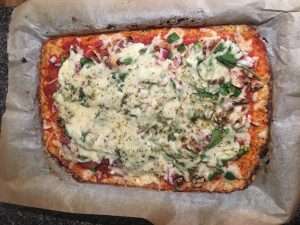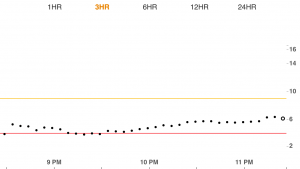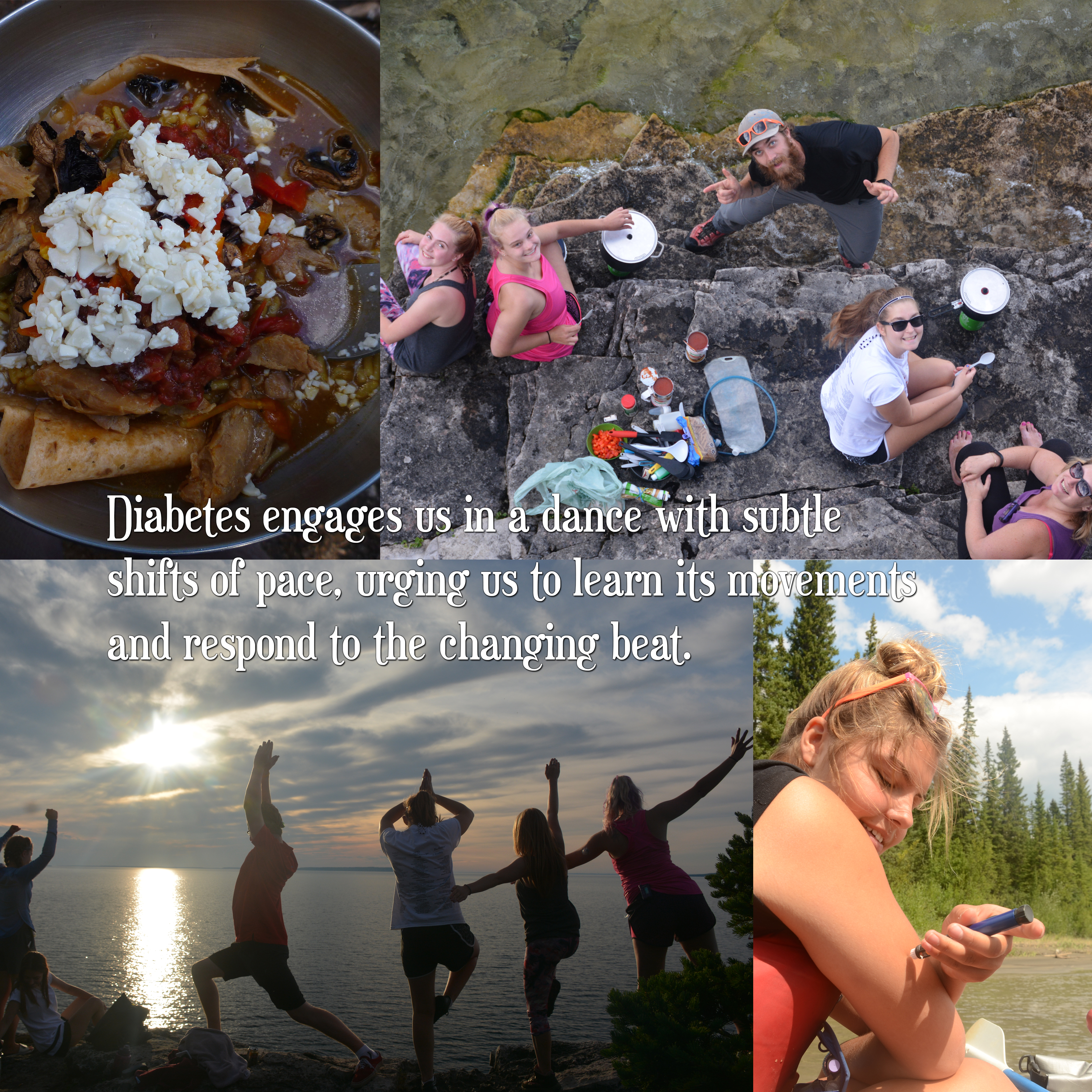
It was about a year ago that I first heard about the low-carb high-fat (LCHF) diet from some other T1D friends. My reaction at the time? “It’s not for me”, “why would I want to stop eating carbs”, “I’m doing fine with my diabetes”, “carbs are delicious”. To say that I was against the idea that switching up my diet to improve my diabetes management would be an understatement – I wanted no part of it! Now, after lots of deliberation and doing research of my own, I’ve come around to the idea that thinking about low-carb options for my meals actually makes my life easier when it comes to bolusing decisions and how I might manage exercise.
Below I will address some of the questions I, and many others like me, have had before making their own decisions:
What is the difference between LCHF and the ketogenic diet?
The ketogenic diet falls under the LCHF umbrella. A ketogenic diet relies on high amounts of fat, moderate amounts of protein, and very low levels of carbohydrates per day. The goal of this diet is to change the body’s source of energy from carbohydrates to fats – thus triggering a state of ketosis (Disclaimer: this is different from DKA).
Personally, I’m not THAT strict with my meal choices to say that I follow a keto diet or trigger ketosis. This being said, I still see a lot of benefits to making low carb meal decisions while not feeling guilty about opting for a bagel sandwich for breakfast or mashed potatoes with dinner the odd weeknight.
What are the benefits of low carb meals for someone with type 1 diabetes?
For me, the best thing about eating low carb meals is the ability to vastly reduce or eliminate the need to bolus for a meal. I find that the reducing the amount of fast acting insulin on board has vastly reduced the fluctuations in BG’s. I am lucky enough to wear a Dexcom G5, so I can see the impact of these meals and watch my trend for several hours post-meal. As part of the reduced fluctuations, I’ve also experienced fewer low blood sugars as a result of smaller insulin doses. I feel a lot more comfortable when I’m deciding between 1-2 units of insulin compared to 7-8, especially if it’s a dinner time meal when I’ll be going to sleep shortly afterwards.
What low carb meals do you make, and are they as tasty as their high-carb alternatives?
Here are some examples that can get me through an average day:
Breakfast:
- How about a simple bacon & eggs! Throw in some kale and mushrooms for added protein and I’m all set. If I feel like it, I’ll have a piece of toast with butter, and simply bolus accordingly for the 15 (ish) grams of carb.

Lunch:
- Chicken thighs, baked asparagus + brussel sprouts, and a few slices of cheddar cheese.
Dinner:
- Current personal favourite, cauliflower pizza! This one has taken quite a few tries, and it’s still not “perfect” (we usually require a knife and fork before the meal is done), but I love it. Regular pizza is many T1D’s nemesis, so this ultra low-carb alternative is a delicious option to completely avoid the once-inevitable pizza roller-coaster. The “crust” is made of cauliflower, cheese (mozzarella and parmesan), egg, garlic powder, and oregano. Once that’s done, add the toppings of your choice, some more cheese, and bake until done.
Here’s my most recent attempt:


And the Dexcom graph that followed:

Conclusion:
Everyone has their own approach to diabetes management, and it’s important to know what works for you! “What works for me” has changed quite a bit over the past year, largely due to the type 1 community and my introduction to low-carb meals as an approach to T1D. I’m still learning and trying new combinations in the kitchen, and I still enjoy my carb heavy classics.
Adding low-carb meals has positively changed the way I manage my diabetes, and I’m so happy I took the time to do my own research and figure out how to make it work for me.










